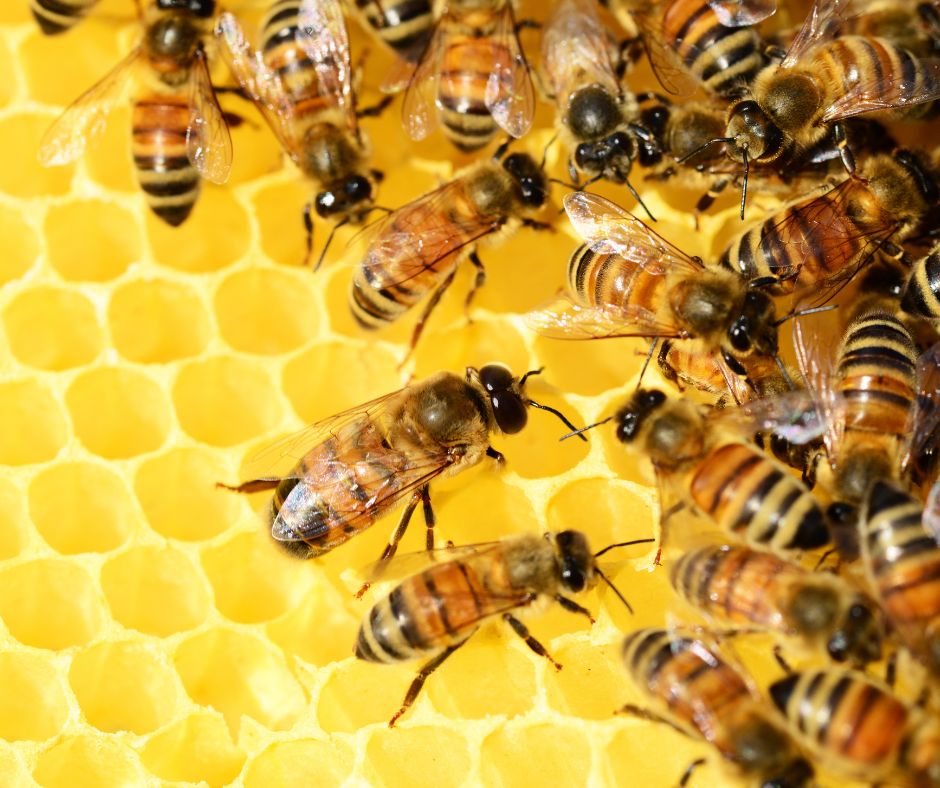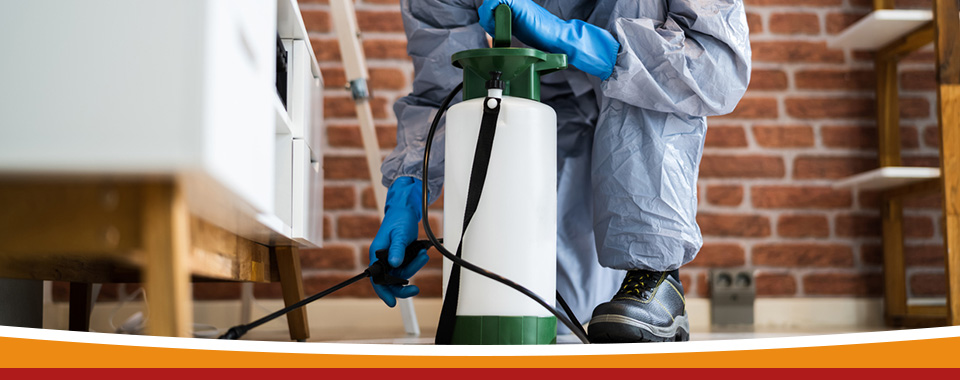Eco-Friendly Pest Control in Charlotte County FL
Comprehensive Overview to Comprehending Pest Control Techniques and Their Therapy
Understanding insect control approaches is crucial for efficient administration of unwanted organisms that posture threats to health, farming, and home. This extensive overview will certainly discover various strategies, consisting of chemical remedies, biological strategies, and mechanical techniques, all under the umbrella of Integrated Bug Monitoring (IPM) As we take a look at these methods, it comes to be progressively clear that the selection of strategy can substantially impact both human passions and eco-friendly balance. What elements should be considered when picking the proper bug control method for a specific circumstance? The solution might lead to more lasting methods than one may at first presume.
Review of Insect Control Methods
Bug control techniques incorporate a variety of strategies made to manage and eliminate undesirable microorganisms that can harm human health and wellness, agriculture, and property. Reliable parasite management is important for maintaining the honesty of ecological communities and making certain the safety of food supplies. These techniques can be broadly classified into three key approaches: cultural, mechanical, and organic controls.

Social control involves modifying farming techniques or ecological problems to lower bug establishment and recreation. This strategy includes crop rotation, cleanliness, and selecting pest-resistant plant ranges. Mechanical control relies on physical obstacles or tools to stop parasite accessibility or straight eliminate them. Instances consist of catches, nets, and hand-picking dangerous insects.
Organic control uses all-natural killers, bloodsuckers, or virus to control pest populations. This method emphasizes ecological balance and can consist of presenting helpful bugs, such as ladybugs or predacious nematodes, to take care of insect presence.
Integrated insect management (IPM) combines these methods, using a holistic strategy that stresses prevention, surveillance, and liable monitoring. By using a blend of these approaches, pest control can be much more sustainable and reliable, minimizing dependence on chemical treatments while protecting human health and wellness and the environment.

Chemical Pest Control Solutions
A selection of chemical parasite control solutions are readily available, giving efficient alternatives for taking care of bug populations when other methods may fail. These services primarily consist of insecticides, herbicides, fungicides, and rodenticides, each designed to target details parasites while minimizing harm to non-target microorganisms.
Pesticides are particularly effective versus a range of pests, consisting of ants, cockroaches, and termites, and can be identified as contact or systemic representatives. Contact pesticides eliminate bugs on get in touch with, while systemic insecticides are taken in by plants, making them toxic to pests that eat them. Herbicides are utilized to manage unwanted plants, whereas fungicides are necessary for managing fungal diseases that can harm crops and ornamental plants.
Additionally, integrated parasite monitoring (IPM) principles need to be utilized, combining chemical solutions with social, mechanical, and biological methods for sustainable insect control. This all natural technique not just improves pest monitoring effectiveness yet additionally lowers prospective environmental effects connected with chemical usage.
Organic Insect Control Methods
Organic bug control methods offer an environmentally pleasant alternative to chemical approaches by using natural predators, parasites, or pathogens to take care of insect populations. This approach leverages the environmental relationships between microorganisms, promoting a well balanced ecosystem while minimizing chemical residue in the atmosphere.
Among the most usual organic control techniques includes the intro of all-natural adversaries. Ladybugs are utilized to regulate aphid populaces, while parasitical wasps can target caterpillars and various other pests. These all-natural predators properly lower pest numbers without harming valuable insects.
In addition, microbial representatives such as germs, fungi, and viruses are utilized to infect and kill discover this info here particular insects. Bacillus thuringiensis (Bt), a naturally happening microorganism, is extensively made use of to regulate caterpillars and various other larvae, showcasing the effectiveness of microbial bug control.

Physical and Mechanical Approaches
Often utilized in integrated parasite administration techniques, physical and mechanical approaches function as effective tools for managing parasite populaces without making use of chemicals. These techniques rely upon physical obstacles, catches, and various other mechanical gadgets to stop or get rid of bugs, making them eco-friendly alternatives.
Physical methods include using obstacles such as insect netting, displays, or row covers that literally obstruct bugs from accessing plants. This is especially beneficial in farming settings where plant security is essential. In addition, environment adjustment, such as removing particles and standing water, can minimize bug reproducing sites, consequently reducing infestations.
Mechanical methods include traps, which can be made to record specific pests. Sticky traps and pheromone traps are usual examples that entice and retain insects, facilitating tracking and control. Vacuuming is an additional mechanical approach, effective for eliminating parasites from indoor settings, particularly in instances of invasions.
Preventative Bug Administration Approaches
Reliable preventative parasite monitoring approaches are necessary for maintaining healthy settings and reducing pest-related problems prior to they emerge (Pest Control in Port Charlotte, FL). These methods concentrate on proactive actions that reduce the possibility of bug infestations by resolving the origin triggers

Another vital approach involves correct landscape design methods (Pest Control in Port Charlotte, FL). Maintaining vegetation cut and far from buildings can minimize harborage locations for parasites. Implementing incorporated bug administration (IPM) strategies that include monitoring parasite populations and using biological controls can promote a well balanced community that naturally suppresses pest numbers.
Education and training for personnel and residents on identifying early indicators of pest task are additionally essential parts of an efficient preventative program. By promoting an atmosphere of understanding and vigilance, companies and homeowners can considerably improve their insect administration initiatives and protect their rooms versus future problems.
Final Thought
Utilizing an Integrated Parasite Monitoring (IPM) framework enables for the lasting monitoring of pests while decreasing eco-friendly effect. Eventually, a comprehensive understanding of these diverse parasite control techniques is vital for attaining effective outcomes in pest monitoring campaigns.